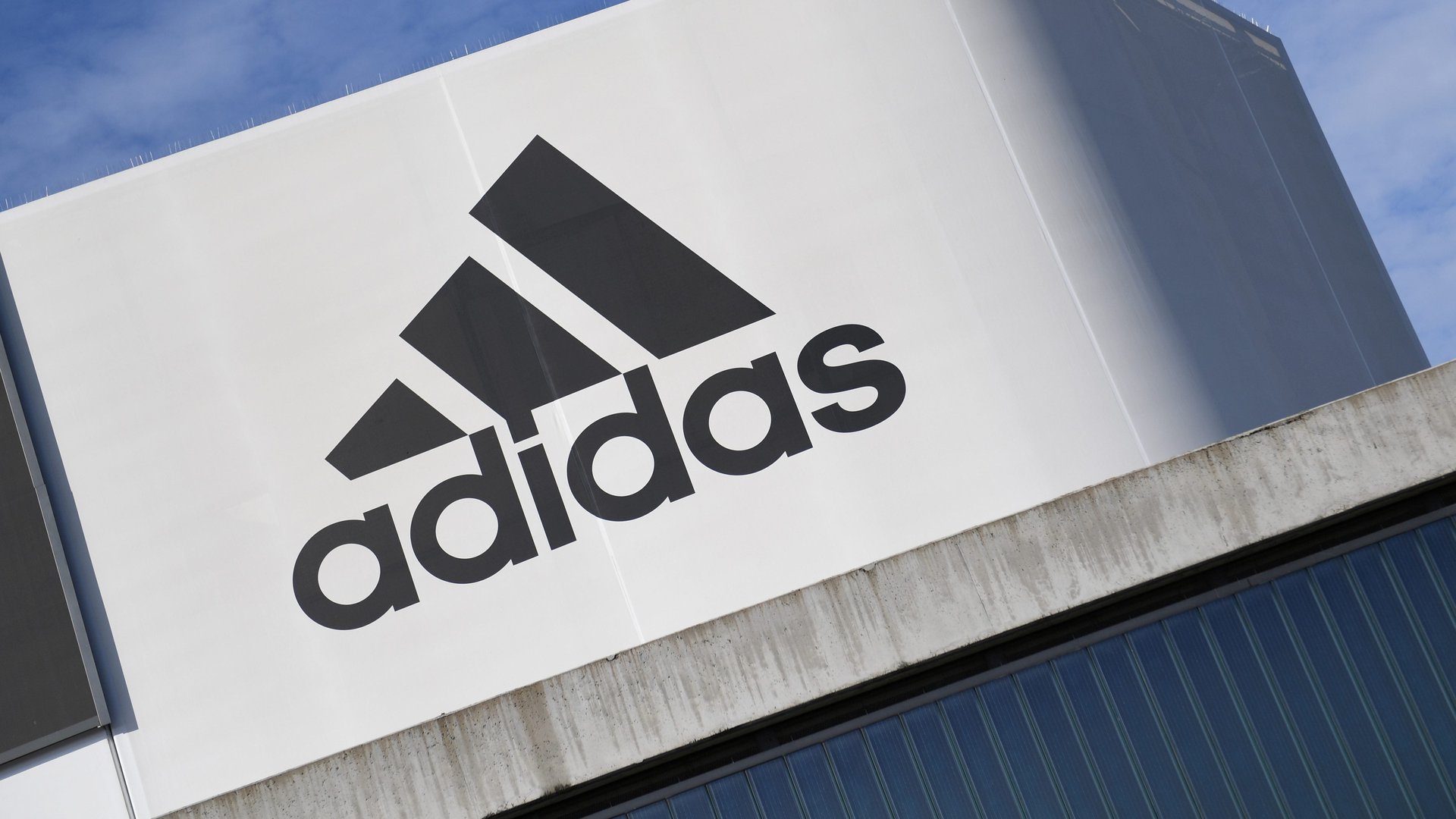Adidas’s sales are getting slammed amid China’s coronavirus outbreak
China’s coronavirus outbreak is hitting fashion and sports companies hard.


China’s coronavirus outbreak is hitting fashion and sports companies hard.
The latest to report on the effects of the epidemic is Adidas. The company sells its shoes and clothing in about 12,000 stores across Greater China, including its own stores and its partner-operated businesses. In a statement today, Adidas said a significant number of them were closed. Those that remained open had seen a substantial drop in shoppers. “Consequently, our business activity in Greater China has been around 85% below the prior year level since Chinese New Year on January 25,” Adidas said.
The company added that it’s too early to know what the impact will be on its results for the year. The situation keeps changing. So far it hasn’t experienced any major effects beyond Greater China, it said, despite seeing fewer traveling Chinese shoppers at its stores in countries such as Japan and South Korea.
China is a key market for sports companies. A passion for fitness among the country’s growing middle class has led to booming sales of activewear. In 2018, the last full year it reported, Adidas did €4.5 billion ($4.9 billion) in sales in the country, accounting for about 21% of its total business.
Though Adidas says it started this year strong in China, it has lately seen its growth in the country slipping. On a call with investors and analysts in November, CEO Kasper Rorsted said the China business grew 11% in the quarter, “the slowest growth that we’ve seen in a number of years in China,” he added. Adidas has been making substantial investments to turn that performance around, with plans to build a local office creating products for the Chinese market and a digital hub in the country.
Coronavirus is a new headwind, though of course Adidas isn’t the only company experiencing it. Puma said today more than half its stores in China have closed and it’s seeing fewer Chinese tourists buying at its other stores in Asia. Last week Under Armour announced it expected lost sales of $50 million to $60 million due to the outbreak. Luxury labels are predicting serious blows to their sales too.
To complicate matters further, sports companies rely on China to produce many of the materials they use as well as to assemble their shoes and clothes. In 2018, for instance, Adidas said it made 18% of its shoes and 19% of its clothes in the country. The delays are likely to have residual effects that will continue even after stores reopen.
Not all are panicked, though. “Long-term, this will not have an impact on our industry and our brand,” Puma CEO Bjørn Gulden told journalists today.